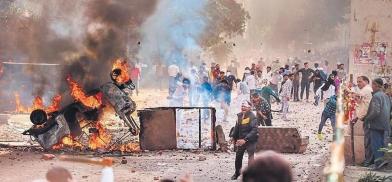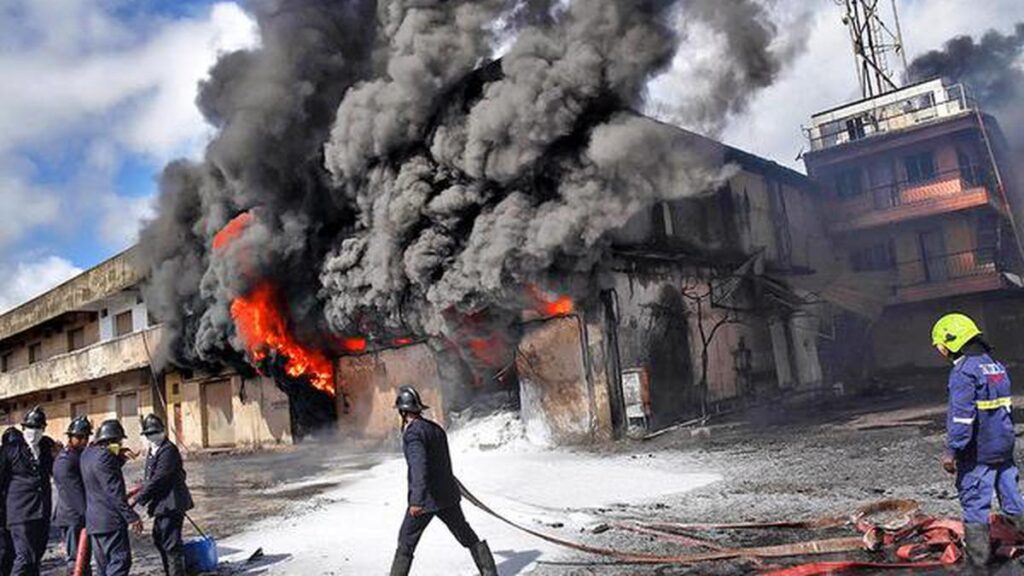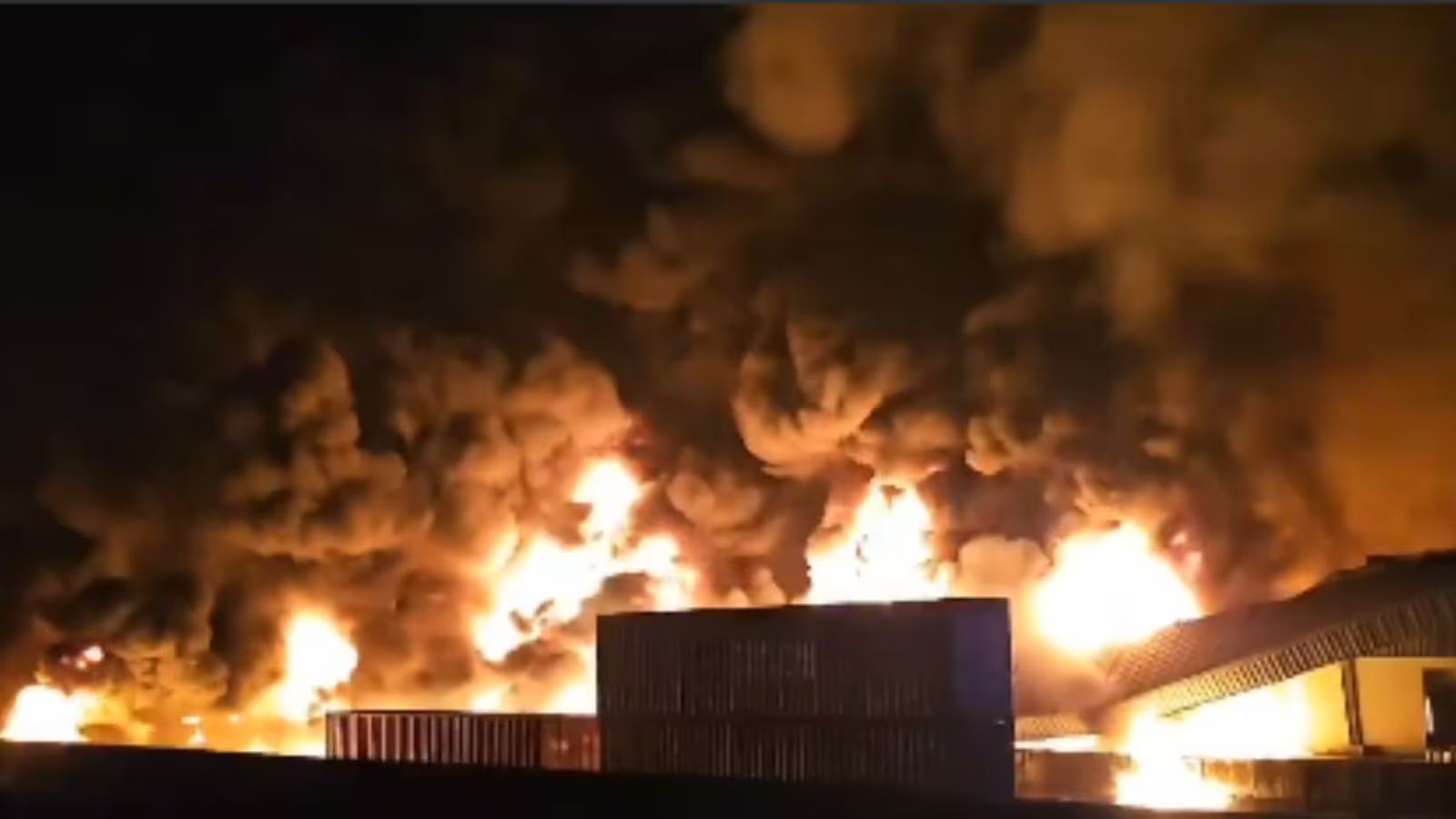Introduction
Bhiwandi, a city in Maharashtra’s Thane district, is famous for its thriving textile business and warehouse complexes. But in addition to its economic importance, Bhiwandi has become notorious for frequent fire incidents. The city’s dense population, poor safety standards, and widespread illegal constructions render it a time bomb. This blog delves into the reasons behind Bhiwandi’s fire risks, the effects on residents and businesses, and possible solutions to avoid future disasters.
A City at Risk
Bhiwandi’s industrial growth has been amazing, but it has come at a cost. The city is home to thousands of power looms and storage facilities that are continuously functional in crowded areas while largely ignoring fire safety regulations. Many of these buildings are ancient, poorly maintained, and overcrowded with flammable materials, making them highly susceptible to fire outbreaks.

Frequent Fire Incidents
Year after year, Bhiwandi has experienced several destructive fires, resulting in loss of human life, property destruction, and financial losses. Some of the major incidents are:
Warehouse fire containing textile goods (2021): Massive financial losses resulted from a massive fire that destroyed a warehouse that held textile products.
Neighborhoods Fire in 2022: Many people lost their lives in a destructive fire in a place acquiring a high population density, underscoring serious safety issues in such places.
Industrial blaze in 2023: One whole factory was reduced to ashes, and dozens of employees were injured while a few went missing.
The one commonality that runs through these events is neglect, the lack of safety measures, and the slow response due to inferior infrastructure.

Factors Causing Fire Dangers
1. Illegal Buildings
One of the most common causes of recurrent fire incidents is illegal constructions that fail to comply with safety standards. Most industrial & residential buildings in Bhiwandi do not have good fire escape routes, ventilation, and emergency response systems.
2. Substandard Electrical Network
Power theft and Unauthorized hookups to wires are common in Bhiwandi, causing overloaded electric circuits. Short circuits are one of the main causes of fire in the city.
3. Flammable Materials and Unsafe Storage
The textile and warehouse industries have massive quantities of flammable materials like fabric, chemicals, and plastic products. Inadequate storage practices increase the likelihood of a fire.
4. Lack of Fire Safety Awareness
Factory owners, employees, and residents are largely unaware of fire safety methods. Fire drills are uncommon, & firefighting equipment is either non-functional or not available.
5. Poor Emergency Response System
Bhiwandi’s fire department is understaffed and lacks modern firefighting equipment. Narrow lanes and congested streets make it difficult for fire trucks to reach affected areas on time.

The Human and Economic Toll
1. Loss of Lives
Every fire that occurs results in fatalities, usually involving workers who are trapped in industries with no way out. Families lose their loved ones, and survivors face severe injuries and trauma.
2. Destruction of Property
Fires burn down houses, factories, and warehouses, resulting in economic ruin for companies & individuals.
3. Displacement of Employees and Residents
Factory blazes leave scores of employees unemployed, with no option but to seek work elsewhere or live in squalor. Likewise, residential fires leave households homeless.
4. Effect on the Local Economy
The city’s job market and economic growth are impacted by the frequent fire outbreaks, which discourage businesses and investors.

The Need for Urgent Action
1. Strict Implementation of Fire Safety Codes
The government must ensure that all buildings, especially warehouse and industrial buildings, comply with fire safety regulations. Illegal constructions must be taken down or made legal with mandatory safety upgrades.
2. Improving Electrical Infrastructure
Illegal electric wiring deserves to be avoided at all costs. The local government has to update its electricity distribution infrastructure to avoid short circuits.
3. Compulsory Fire Safety Training
Fire safety education should be made mandatory for factory workers, warehouse owners, and residents. To build preparedness, fire drills should be conducted on a regular basis.
4. Enhanced Firefighting Infrastructure
The fire department of Bhiwandi requires increase resources, like increased fire stations, new fire trucks, and improved firefighting equipment. Additionally, roads and lanes should be enlarged to make it simple for emergency vehicles to access them.
5. Community Involvement
Local residents must take an active role in fire prevention efforts. Fire awareness campaigns, volunteer fire departments, & neighborhood watch committees can help prevent fires.
